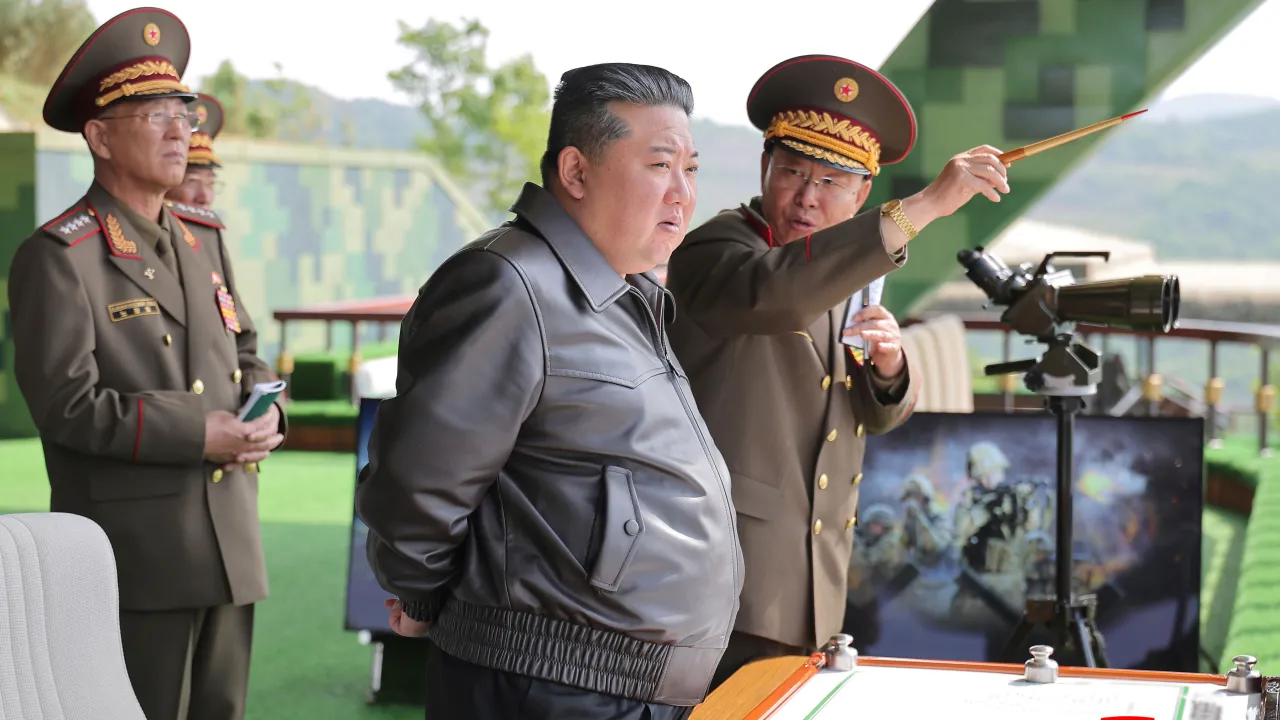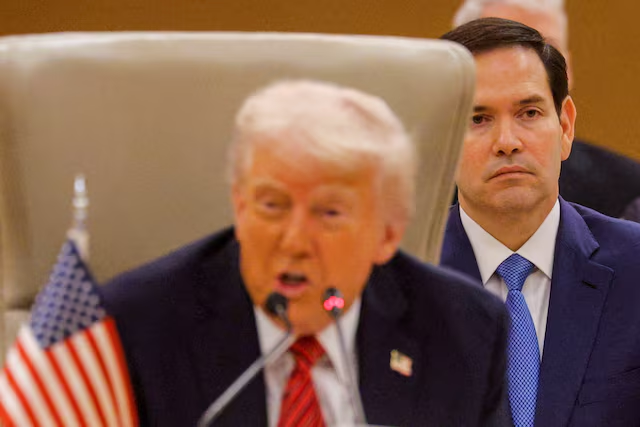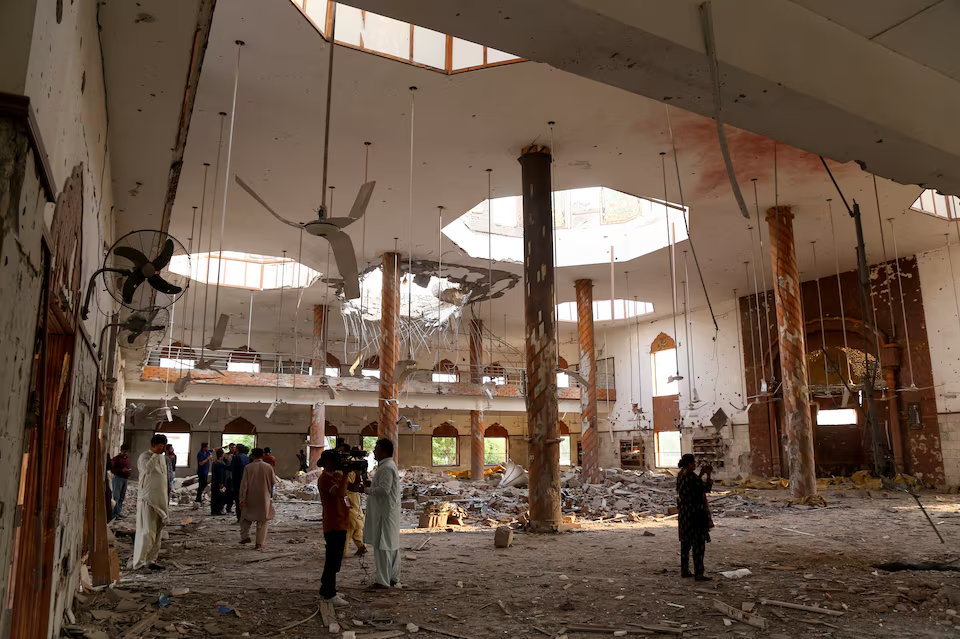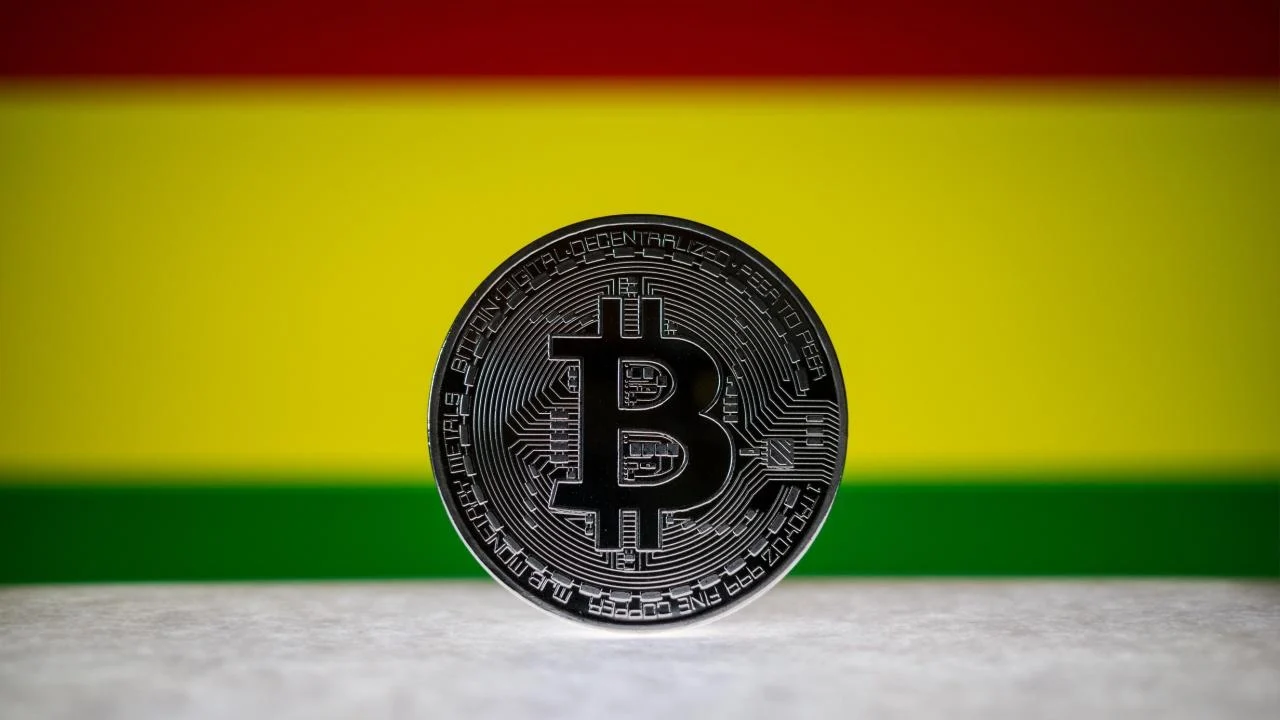A group of North Korean defectors has made an urgent appeal to the United Nations to hold North Korean leader Kim Jong Un personally accountable for grave human rights violations occurring under his regime. Speaking during a special event hosted at the UN headquarters in Geneva, the defectors shared harrowing personal stories and called for concrete international action to address decades of systemic abuse.
The event, organized by several human rights organizations and co-hosted by the U.S. and South Korea, aimed to spotlight the widespread repression and cruelty documented within North Korea’s prison camps and everyday society. The testimonies focused on starvation, forced labor, arbitrary detention, and the absence of basic freedoms under the Kim government.
“I was born in a prison camp and lived like an animal,” said Ji Hyun Park, one of the defectors who now resides in the United Kingdom. She recounted years of brutal treatment, including forced labor, routine beatings, and public executions. “Kim Jong Un must be held responsible—not just as a leader, but as the orchestrator of a system that has destroyed countless lives.”
Another defector, Kang Chol-hwan, a survivor of the infamous Yodok prison camp, urged the international community to go beyond symbolic condemnations and push for criminal accountability. “We need justice. Sanctions and statements are not enough. The United Nations must refer this regime to the International Criminal Court,” he said.
The call for accountability comes as international attention toward North Korea has focused largely on its weapons programs and military provocations, with human rights concerns often taking a backseat. Human rights advocates argue that this lack of sustained focus emboldens Pyongyang to continue abuses unchecked.
U.S. Ambassador to the UN Human Rights Council Michèle Taylor voiced strong support for the defectors’ demands, stating, “The world cannot look away. The voices of survivors must guide our policy, and we will continue to press for accountability at all levels.” South Korea’s representative echoed this sentiment, urging stronger international coordination and fresh efforts to document abuses for future legal proceedings.
UN investigations and reports have long detailed North Korea’s human rights record. A 2014 UN Commission of Inquiry concluded that the regime was committing crimes against humanity, including extermination, murder, enslavement, and torture. However, efforts to refer the matter to the International Criminal Court have repeatedly stalled due to resistance from China and Russia—both permanent members of the UN Security Council and close allies of Pyongyang.
Human Rights Watch and Amnesty International also participated in the Geneva event, underscoring the urgency of maintaining momentum. “For far too long, the world has allowed North Korea’s atrocities to continue in the shadows,” said HRW’s Asia director Elaine Pearson. “This is not just a regional issue—it’s a moral test for the international community.”
The North Korean government has denied all accusations of abuse and dismissed defectors as traitors and fabricators. In response to previous UN discussions on human rights, Pyongyang has claimed that such efforts are politically motivated attacks designed to undermine its sovereignty.
Despite the challenges ahead, defectors and their allies vowed to continue speaking out. “Silence helps the dictator,” Ji Hyun Park concluded. “By telling the truth, we fight back—and we ask the world to fight with us.”
As calls for justice grow louder, the question remains whether the UN and major global powers will finally translate rhetoric into real accountability for one of the world’s most closed and repressive regimes.
Source: Louisiana First News – AP



